Paln your meals to get flat stomach
If you want a flat stomach, having the right flat stomach diet is very important. And NOT eating is not going to get you there. You may ‘feel’ good but as soon as you start eating regularly or the right foods your body is going to plump up and your flat stomach is going to go away.
The biggest mistake most women make is to think that to get a flat stomach we aren’t suppose to eat. WRONG! That’s the worst thing you can do. To really get a flat stomach you should eat at least 5-6 small meals throughout the day.
Each meal should have a healthy fat, protein and some carbohydrates.
Drink lots of water. Water will flush your system of toxins and help you stay fuller for longer (keeping you away from those unhealthy snack and follow these instructions to get flat stomach.
Plan your meals
.png)
Sit down on and figure out what you are going to eat for the week. Then hit the grocery store and buy what you need to make your meals for the week. If you have everything you need to eat healthy then you can’t stray! Plus, if you pre-cook your meals, you can make lunch for the week or when you’re home after a long day – there is food in the fridge – no excuses to not eat healthy!
Almonds
.png)
These delicious and versatile nuts contain filling protein and fiber, not to mention vitamin E, a powerful antioxidant. They're also a good source of magnesium, a mineral your body must have in order to produce energy, build and maintain muscle tissue, and regulate blood sugar. "A stable blood-sugar level helps prevent cravings that can lead to overeating and weight gain," says David Katz, MD, a professor at the Yale University School of Medicine. But what makes almonds most interesting is their ability to block calories. Research indicates that the composition of their cell walls may help reduce the absorption of all of their fat, making them an extra-lean nut.
Eggs
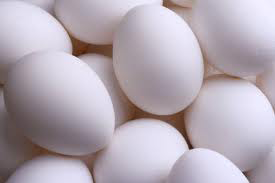
You won't find a more perfect protein source. Eggs are highly respected by dietitians because of their balance of essential amino acids (protein building blocks used by your body to manufacture everything from muscle fibers to brain chemicals). We like them because they keep our hands out of the cookie jar. Researchers at the Pennington Biomedical Research Center found that when people ate eggs in the morning, they felt less hungry throughout the day than when breakfast consisted of complex carbohydrates like bagels.
Soy
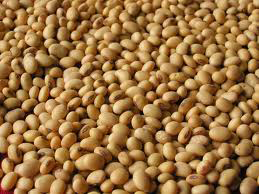
Soybeans are a great source of antioxidants, fiber, and protein. Plus, they're incredibly versatile. Snack on dry-roasted soybeans, toss shelled edamame into soups, and slip a spoonful of silken tofu into your morning smoothie. Liquid soy also makes a good meal replacement.
Apples
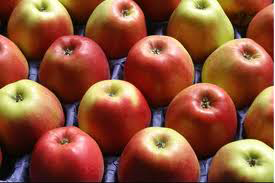
A 2003 study in the journal Nutrition found that overweight women who consumed three apples or pears a day for three months lost more weight than their counterparts who were fed a similar diet with oat cookies instead of fruits. A large apple has five grams of fiber, but it's also nearly 85 percent water, which helps you feel full.
Berries
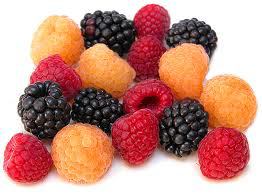
Berries Most are loaded with fiber, every dieter's best friend. The more fiber you eat -- experts say that it's best to get between 25 and 35 grams every day -- the fewer calories you absorb from all the other stuff you put in your mouth. That's because fiber traps food particles and shuttles them out of your system before they're fully digested. Berries (and other fruits) are also high in antioxidants, which not only help protect you from chronic diseases like cancer but may also help you get more results from your workouts.
Leafy Greens

Their cancer-preventing carotenoids won't help shrink your waistline, but their low calorie count definitely will. One cup of spinach contains only about 40 calories, while a cup of broccoli has 55 calories and satisfies 20 percent of your day's fiber requirement. Most leafy greens are also a good source of calcium, an essential ingredient for muscle contraction. In other words, they help fuel your workouts.
Yogurt
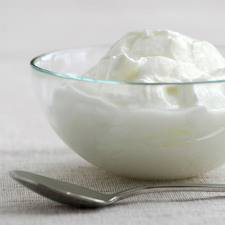
People who get their calcium from yogurt rather than from other sources may lose more weight around their midsection. The probiotic bacteria in most yogurts help keep your digestive system healthy, which translates into a lower incidence of gas, bloating, and constipation, which can keep your tummy looking flat.
Veggie Soup

Veggie soups two times a day were more successful in losing weight than those who ate the same amount of calories in snack food. Soup eaters also maintained, on average, a total weight loss of 16 pounds after one year.






.webp)
.webp)